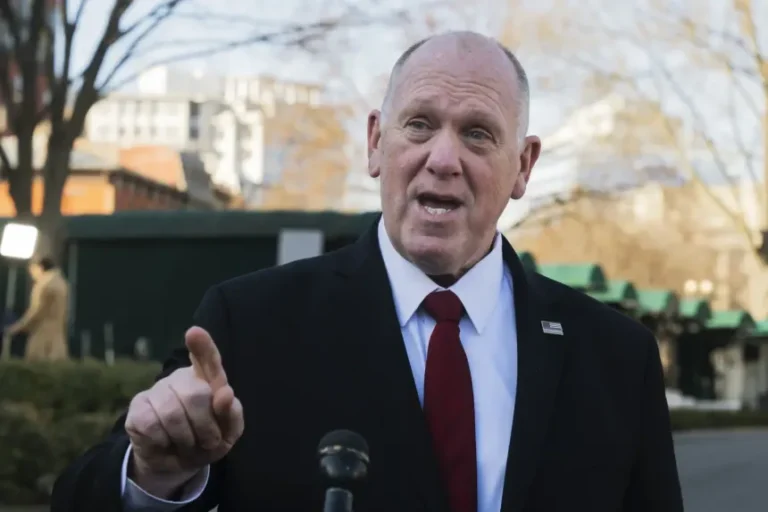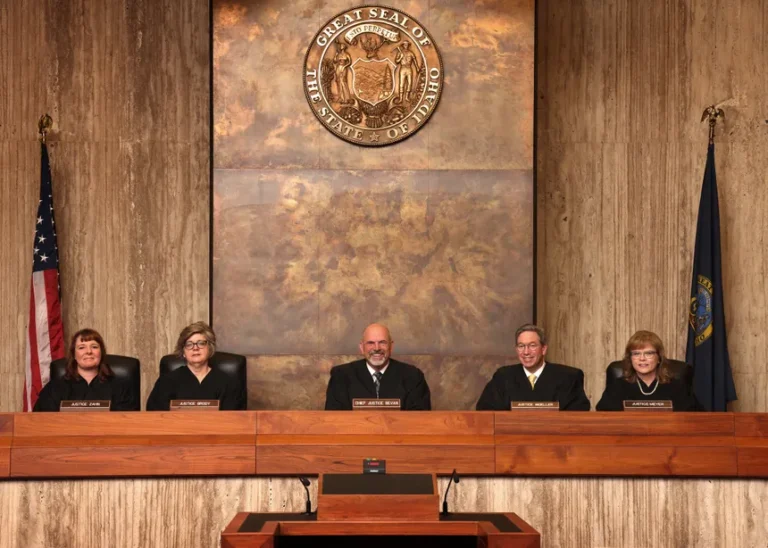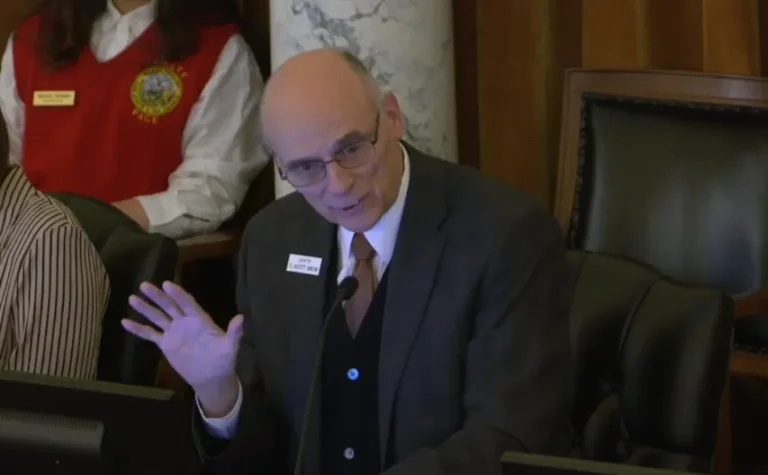
Senate Faces Roadblock on Medicaid Changes in Spending Plan
WASHINGTON — Efforts by Senate Republicans to advance a sweeping tax and spending bill encountered a significant setback after the Senate parliamentarian ruled against a proposed Medicaid funding change. The ruling threatens to delay final passage of the legislation, a key domestic priority for President Trump.
The disputed provision aimed to reduce the tax states impose on Medicaid providers from 6% to 3%, a move intended to help offset the bill’s tax cuts. However, the parliamentarian determined this measure does not comply with reconciliation rules, which govern what can be included in fast-tracked legislation that passes with a simple majority.
Republicans had introduced a $15 billion rural health stabilization fund to mitigate the impact of these Medicaid tax changes. Still, critics argued the fund fell far short of what rural hospitals need to maintain operations.
Democrats Claim Victory on Health Care Funding
Senate Democrats welcomed the ruling, stating it removed over $250 billion in proposed healthcare-related cuts. Senator Ron Wyden of Oregon, the top Democrat on the Senate Finance Committee, said the decision prevents measures that would have “hurt Americans walking on an economic tightrope.”
Wyden also criticized the broader bill, calling it “rotten to its core” and pledging continued opposition to its healthcare provisions.
Additional Provisions Under Review
The parliamentarian also flagged other components of the bill, including:
- A ban on Medicaid coverage for gender-affirming care.
- Limits on Medicaid eligibility for non-citizens.
These provisions now face removal or revision if the bill is to remain eligible for expedited passage.
GOP Leadership Under Pressure
Senate Republicans had hoped to pass the bill before the July 4 deadline. The legislation includes several major elements of President Trump’s domestic agenda. Senate Majority Leader John Thune, R-S.D., is leading the effort but can afford to lose only three GOP votes.
Several Republican senators have voiced concern over the rural hospital funding shortfall. Senator Susan Collins of Maine said the stabilization fund needs to be closer to $100 billion. Senators Josh Hawley of Missouri and Thom Tillis of North Carolina also raised objections, warning of delays and state-level funding shortfalls.
More Hurdles Ahead
The parliamentarian is still reviewing other high-profile provisions, including:
- Major tax reforms.
- Changes to energy tax credits.
- Revisions to the Supplemental Nutrition Assistance Program (SNAP).
- Public land use policies.
Additionally, GOP lawmakers from high-tax states like New York and California are pushing to preserve deductions for state and local taxes (SALT), further complicating negotiations.
Fiscal conservatives in the Senate, including Ron Johnson and Rand Paul, have expressed concern over new deficit spending and may oppose the final bill.
Even if Senate leaders manage to pass the legislation, multiple factions in the House have indicated opposition to the Senate’s version, raising questions about whether the bill can reach President Trump’s desk on schedule.





